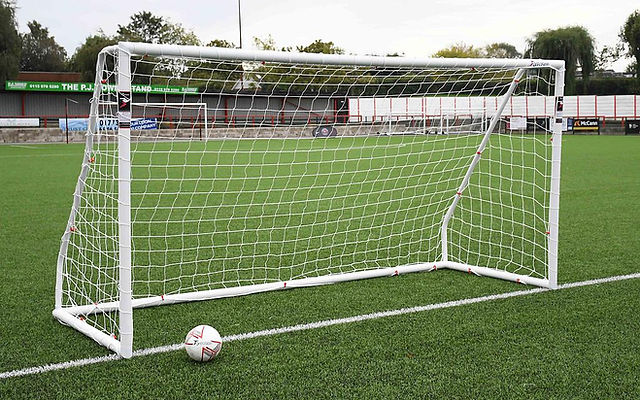
The FA has launched a new four-year strategy for women and girls’ football, with one of its top priorities being to secure a second major trophy for the Lionesses by 2028. The plan also aims to ensure that by 2028, 90 percent of schools offer girls equal access to football, and to increase the number of female coaches across the sport.
England claimed their first major tournament title at the UEFA Women’s Euro 2022 and will defend their crown next summer in Switzerland. After reaching their first-ever World Cup final in 2023, the Lionesses will aim for a World Cup win in Brazil in 2027.
"Our planning for the 2025 Euros and 2027 World Cup is meticulous," said FA women's technical director Kay Cossington at the strategy launch at Wembley Stadium. “We have to be incredibly clear about what actions drive success and what doesn’t, as it’s often the distractions that cause the most stress and sleepless nights.”
Cossington emphasized that player preparation—both physical and mental—is essential to peak tournament performance, noting the importance of equipping players and staff to perform under intense pressure.
This includes leveraging experiences from events like the ongoing U17 Women's World Cup, where England faces Spain in their first semi-final in 16 years on Thursday, marking just their second appearance at this stage of the tournament.
The team has advanced to the semi-finals in thrilling fashion, winning a penalty shootout against Japan in the quarter-finals after a remarkable 4-2 comeback against Mexico, even after being reduced to 10 players.
Cossington emphasized, “Many of the senior Lionesses highlight the significance of tournament finals, so over the next four years, it’s crucial that we consistently guide our teams to those finals. However, we mustn’t confuse that with the development process.”
“Winning tournaments is important, but not at the expense of creating a robust pathway filled with healthy players across various positions to support our senior team.”
The FA is aware of the criticism regarding the predominance of white players in the Lionesses squad but remains optimistic that the player pipeline is starting to reflect the diversity of society.
Cossington noted, “Change takes time; we can’t achieve it overnight. We can only select from the core players available to us, but we are proud of and confident in the progress we’ve made over the last four years.”
“If you examine the pool of players available for selection in the pathway, it looks different now. Our hope is that, through growth and sheer numbers, this diversity will eventually filter through to the senior team.”
“Look at us in four to eight years, and we expect to see these changes reflected in the senior squad.”